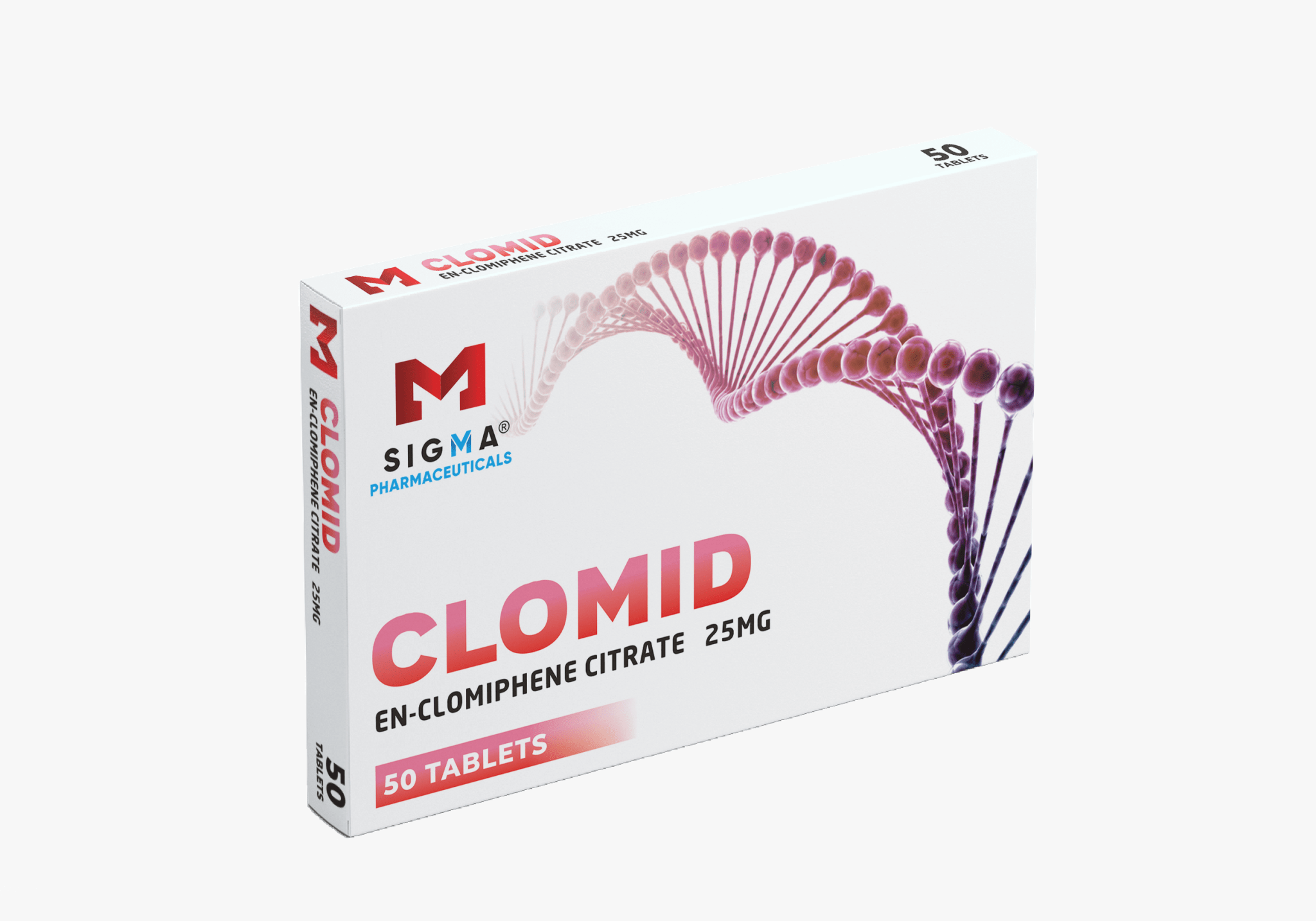En-Clomiphene Usage and Dose information

Pharmaceuticals are complicated products. They all have different uses, dosages, and side effects. That’s why it’s important to consult your doctor or pharmacist to learn about the correct use for any new drug. One of the most popular drugs is En-Clomiphene, which has many uses.
The main use of En-Clomiphene to induce ovulation has been used for decades. Women have been using it in fertility treatments, but they might not be using it correctly. This is the article to read if you want to know everything there is about this drug and its uses.
The introduction of en-Clomiphene is a medical treatment for infertility in men and women. It belongs to a class of drugs called selective estrogen receptor modulators (SERMs). This drug is a type of medicine that promotes ovulation by blocking the activity of estrogen, a hormone that can suppress the release of eggs from the ovaries.
What is En-Clomiphene
En-Clomiphene is a pill that is used to regulate women’s hormones. It can be used as part of fertility treatment or for premenstrual syndrome. The hormone that the medication regulates is estrogen which plays an important role in many aspects of female health. Problems such as irregular periods, infertility, and mood swings may all be caused by too little or too much estrogen.
Side Effects
En-Clomiphene is a prescription medication that is used to treat women with an ovulation disorder. It’s not uncommon for the medication to have side effects, so it’s important to be aware of these before taking it. Common side effects are feeling hot, dry skin, skin irritation, headaches, stomach pain, spotting between periods or bleeding too much between periods.
How to Use En-Clomiphene
En-Clomiphene is a medication that is used for treating female infertility. It also increases the quality and quantity of eggs in those with ovulation disorders, as well as those who have been through menopause. It can be taken orally or injected into the body. The dosage can vary depending on the condition being treated, but it should not exceed 200mg per day.
